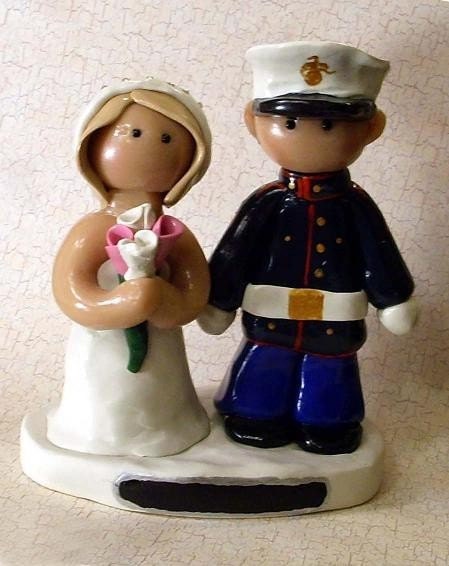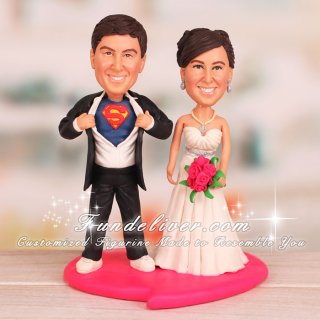Today, Donald Michael Kraig published an essay entitled Is the Wiccan Rede Ethical? I like Don a lot, he’s a terrific writer and a knowledgeable magician. What he’s saying about the Rede, though, is kind of limited. I think the core assumptions of the essay are mistaken.
Eight words the Wiccan Rede fulfill,
An it harm none do what ye will.
Don launches into a discussion of the way that you can’t really “follow” the Rede–harming none is impossible. But does following the Rede mean you have to harm none? His entire essay never asks this vital question.
“An” means “if,” so “If it harms none, do what you will.” It’s an if statement. It is not an if and only if statement. The linked Wikipedia article is really good on defining what that means. If you don’t want to read the whole thing, just read this:
Distinction from “if” and “only if”
“If the fruit is an apple, then Madison will eat it.” …
This states only that Madison will eat fruits that are apples. It does not, however, preclude the possibility that Madison might also have occasion to eat bananas. Maybe she will, maybe she will not—the sentence does not tell us. All we know for certain is that she will eat any and all apples that she happens upon. That the fruit is an apple is a sufficient condition for Madison to eat the fruit.
So, “if it harms none, do what you will,” is like “if it’s an apple, Madison will eat it.” It says nothing about “if it harms” or “if it may harm.” You can’t just reverse an if statement, and a lot of people, using faulty logic, do exactly that. They reverse every word, so that “If it harms none, do what you will” becomes “If it harms any, do not do what you will.” Faulty logic!
The Rede is actually a breakthrough in re-visioning ethical statements as positive rather than negative. Instead of saying “don’t do this, don’t do that,” the Rede says, “do what you will” comes first. It says, as long as you’re not harming, don’t worry about a bunch of rules. It sets aside harm as a special case.
Compare this to a worldview in which 90% of what you want to do is sinful or forbidden, and only a small subset of behavior is sacred. In Wicca, everything that doesn’t harm is permissible, and only a small subset of behavior is even subject to ethical rules. Wicca assumes the sacredness and goodness of human behavior and treats sin as an aberration, whereas in Christianity (for example) sin is the normal condition. How refreshing!
When I say that I don’t believe victimless crimes should be on the books, I am following the Rede. I believe murder, assault, and running red lights in traffic should be against the law: They’re all harmful. But the law books surround us with laws against everything from consensual adult sexual behaviors to smoking pot in the privacy of your own home: things that harm none.
The Wiccan Rede is not meant to be an all-encompassing ethical principle that precludes the need for any other rules. It’s meant to frame the starting point for developing ethics in a positive and life-affirming way.





